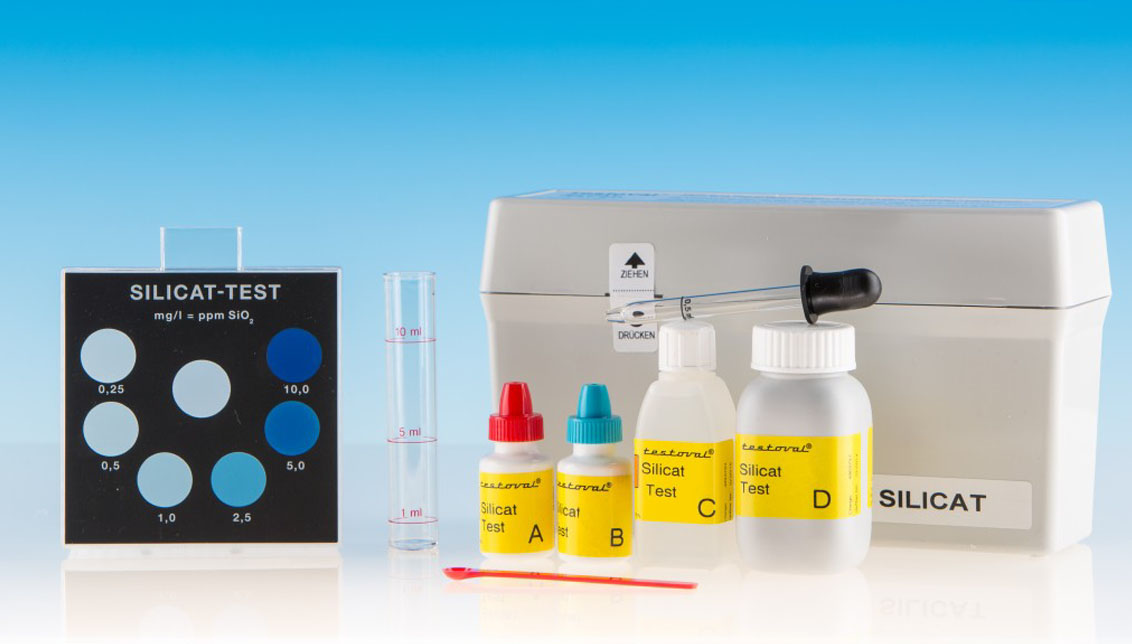Silicates are mineral components that can be dissolved in water and can cause deposits in pipework and medical devices at higher concentrations. Monitoring the silicate content in water is therefore an essential part of water treatment in clinics and hospitals. Deposits caused by silicates can significantly affect the efficiency of water supply systems and, in the worst case, lead to blockages, which is particularly problematic in medical care.
High silicate levels can reduce the functionality and longevity of water treatment systems, as mineral deposits reduce the permeability of pipes and increase maintenance costs. In an environment such as a hospital, where the water supply must be guaranteed around the clock, it is particularly important to monitor the silicate level. Silicates can build up in the systems as poorly soluble deposits and thus disrupt the operation of the water treatment systems.
By regularly monitoring and measuring the silicate level in the water, medical staff can ensure that the water quality meets the highest standards at all times. Controlling the silicate content contributes to the efficiency of water treatment and prevents long-term deposits in water-bearing systems, which is particularly important in sensitive areas such as clinical care.
Filter products



